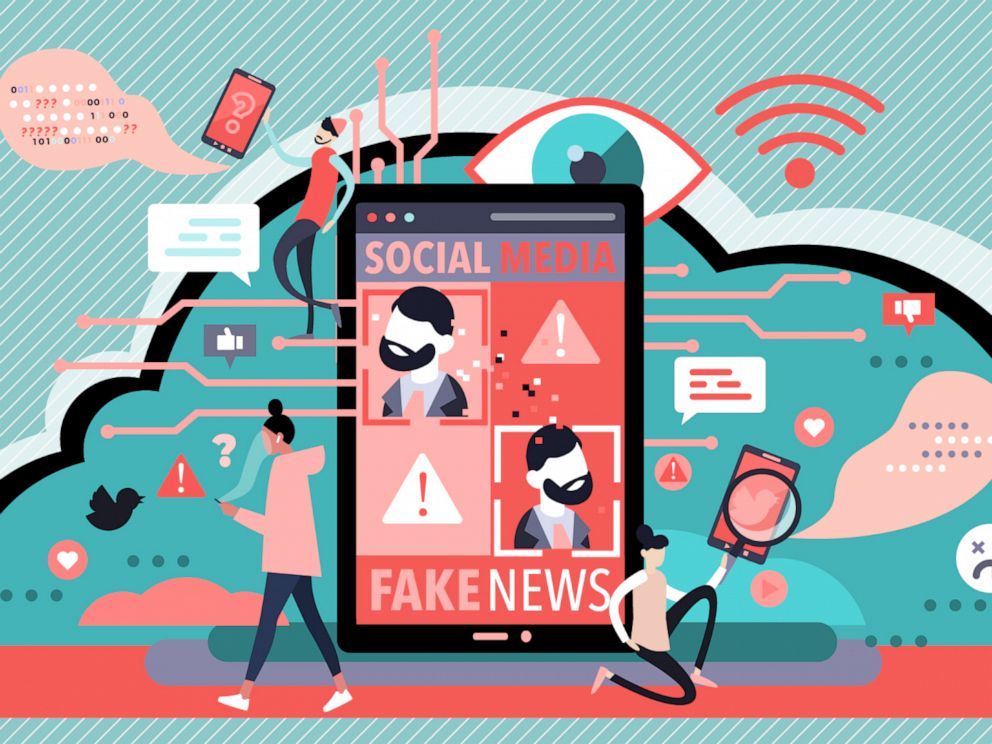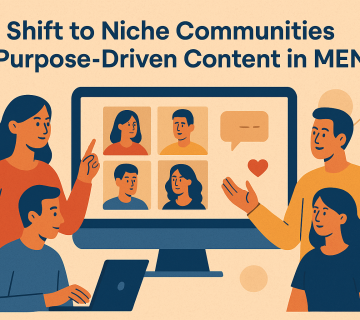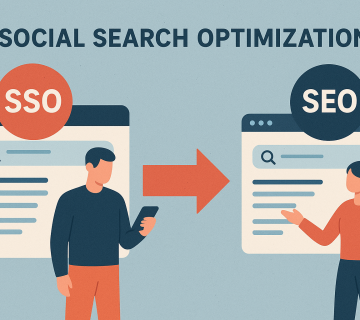Social media platforms have increasingly come under fire for facilitating the spread of misinformation and toxic content among their massive user bases. As awareness grows of the real-world harms this can cause, there is a rising need for platforms to combat misinformation through improved content moderation and fact-checking. Here are some key reasons why:
The scale of the problem.
With billions of users worldwide, even a small fraction of misleading or false posts on social media can translate into an enormous volume of misinformation. The sheer scale makes the potential societal impacts significant without effective measures to address it.
Threats to democracy.
Misinformation, especially around political issues, poses a threat to democratic ideals like free and fair elections. Social media has exacerbated this problem by allowing misleading claims to spread quickly and go viral. Governments are pressuring platforms to do more.
Damage to discourse.
The prevalence of misinformation on social media has trained users to mistrust even factual information and reasonable arguments. This erodes civil discourse and nuanced debate by incentivizing outrage and extreme opinions.
Economic impacts.
Misinformation has economic consequences like decreased consumer confidence, instability in financial markets and impaired decision making that affects entire industries. As social platforms become integral to commerce, these impacts will only grow.
Brand and reputation risks.
Social media platforms risk significant damage to their brands and public image if seen as facilitators of misinformation. There are also potential legal risks as governments look to regulate and hold companies accountable.
User trust.
Social platforms rely on user trust to maintain engagement. However, misinformation threatens this trust by undermining users’ confidence in the integrity of the content they see. Platforms must work to maintain and rebuild trust.
Alternative to regulation. Stronger self-regulation through improved fact-checking and transparency may be social media companies’ best chance to avoid external regulation that limits their businesses. Taking the initiative proactively is in their best interest.
In summary, as awareness grows of the threats posed by misinformation spreading on social media, there is a clear rising need for platforms to take stronger action through expanded content moderation, fact-checking, labeling and increased transparency.




